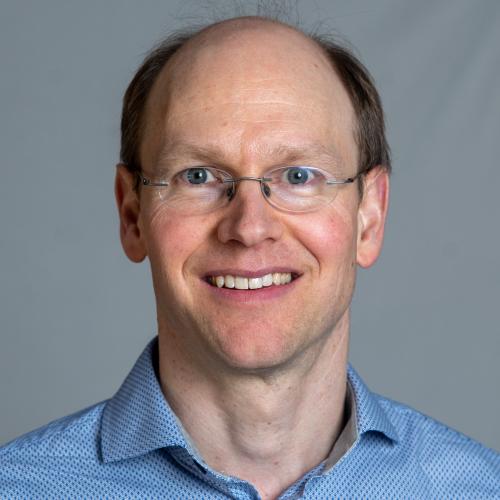
Professor, Physics, UT Austin
Previous IRG 2 Co-Leader
Faculty Investigator, IRG 2
I am interested in the theory of quantum condensed matter systems where interactions and correlations play an important role in the physics. I have a strong record of collaboration with both theorists and experimentalists.
I was born in the American Midwest to parents whose families had lived there since the 1800s, but my most memorable childhood years are from the time I spent in the Deep South where I attended public schools from the 1st through the 9th grade (the entire time I lived there). My elementary school had no air conditioning and I remember my teachers trying to talk over the loud hum of the giant fans they put in the rooms to circulate the hot, muggy air. Some of the students I sat next to had no running water or electricity in their homes. Our town was small, with few opportunities, but it was blessed with great natural beauty. It was in the farmer’s fields, the deep pine forests, and the well-shaded, water-cooled swamps where I spent nearly all of my out-of-school hours and formed my fondest childhood memories.
Around the time I was 9, a friend introduced me to fishing. (Besides exploring in the woods, there weren’t many other things to do!) I got excited by some early success (no doubt purely by luck) and started trying to learn the tricks of the trade. I soon heard about the “Bass Professor” (Doug Hannon)—a biologist who has devoted his life to studying the seasonal, lunar, and daily movement and feeding patterns of the largemouth bass. He has compiled decades of statistics from his SCUBA excursions, underwater filming, and detailed records of fish catches to elevate trophy bass fishing to a high science. His books and techniques were my first real exposure to science and scientific thought. I learned the key lesson that there are a great many patterns in nature that can be studied, understood, and put to practical use.
By the time I reached high school, I had moved on to sports as my primary extra-curricular activity. I was especially interested in running, swimming, and triathlons. (I was actually a state champion distance runner, co-caption of the swim team, and national level triathlete.) In my junior year, I had my first exposure to physics. My high school physics teacher for 2 years, Mr. McPhee, still teaches at my old high school in Indiana and we remain in regular contact. He opened my eyes to a new world; I suddenly learned that all those behavioral patterns of natural life familiar from my childhood had yet another level to them—the physical laws of the universe that govern the patterns of everything. Mr. McPhee allowed me to see that all the common questions that children (and adults) ask about why things are the way they are could possibly be answered.
In my research, I feel that I am still living out those wonderful childhood periods. I am a theoretical physicist who studies the coordinated motions and quantum mechanics of electrons in solid materials—an area known as “condensed matter physics.” The questions that drive my research are: “What is possible in nature,” “How do we realize those possibilities in practice,” and “How do we know we have realized them in a real experiment?” The goal my research is simple: To find patterns in nature that no one has noticed before.
I love my job, and I enjoy seeing students learn. I receive great joy from interactions with the talented postdocs, graduate students, and undergraduate students in my research group. I am grateful to my mother for inspiring a sense of wonder in me at an early age, and to my late father who left my brother and me when we were far too young, but who nevertheless left me with memories of his enthusiasm for math and solving puzzles. I am especially proud of my wife who has come from the other side of the world to overcome many challenges to become the first woman in her family not only to receive a PhD, but also to become a professor and world-class researcher in her field of science. Our daughter and son give us a full life.
To any person reading this (especially a young person), I say do not listen when someone tells you something is not possible: They are usually wrong.

